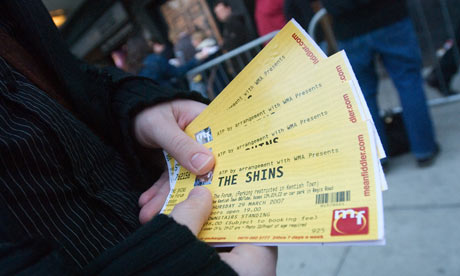| 正面 | 6988.tout 英 [taʊt]美 [taʊt]     |
|---|---|
| 背面 |      释义: tout------"套他"-----招徕,劝诱vt. 兜售;招徕;刺探赛马情报vi. 兜售;招徕顾客;拉选票n. 侦查者;兜售者n. (Tout)人名;(英)陶特 例句: 1. He visited Thailand and Singapore to tout for investment.他访问了泰国与新加坡,以期招揽投资。 tout 吹嘘,兜售,倒卖门票原为窃贼行话,来自中古英语 tuten,偷窥,偷看,放风。现词义可能改写自 toot,发出嘟嘟声, 鸣喇叭,引申词义大吹法螺,后用于指吹嘘,兜售,倒卖门票等。 touttout: [14] The etymological notion underlying tout is of ‘sticking out, projecting’. It goes back ultimately to the prehistoric Germanic base *tūt- ‘project’, whose other descendants include Dutch tuit ‘spout’. It is assumed to have produced an Old English *tūtian, but it does not turn up in the written record until the Middle English period, by which time the notion of ‘poking out’ had moved on to ‘peeking’ or ‘peeping’. It progressed further to ‘spy on’, but the modern ‘look for business’ did not emerge until the 18th century.tout (v.)1700, thieves' cant, "to act as a lookout, spy on," from Middle English tuten "to peep, peer," probably from a variant of Old English totian "to stick out, peep, peer," from Proto-Germanic *tut- "project" (cognates: Dutch tuit "sprout, snout," Middle Dutch tute "nipple, pap," Middle Low German tute "horn, funnel," Old Norse tota "teat, toe of a shoe"). The sense developed to "look out for jobs, votes, customers, etc., to try to get them" (1731), then "praise highly in an attempt to sell" (1920). Related: Touted; touting." |